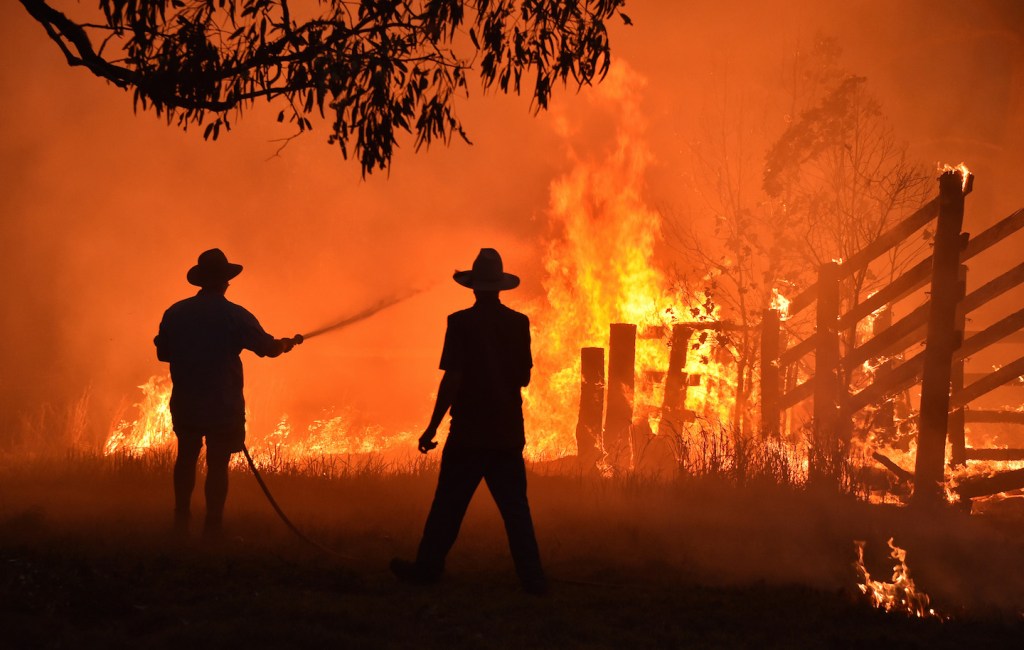Of the one million Australian animals that wants you dead, the irukandji is probably the worst. Roughly the size of a five-cent piece and famous for inflicting a fatal condition known as “Irukandji Syndrome”, this near-invisible little terror is both the smallest and one of the most venomous jellyfish in the world.
They’re usually relegated to a particular patch of ocean in and around Australia’s northern coastline—hence the penchant for “stinger suits” among the locals of Cairns, Port Douglas and Bundaberg. But here’s the rub: the irukandji are spreading. And they’re slowly but fairly surely making their way south.
Videos by VICE
Experts have been freaking out over the spread of these hyper-toxic critters ever since they caught one off the coast of Fraser Island earlier this year. In a subsequent report by the Climate Council of Australia—titled Icons at Risk: Climate Change Threatening Australian Tourism—beachgoers on the country’s eastern coastline were warned that the days of reckoning may well be at hand.
“The deadly Irukandji jellyfish is spreading further south and their season is lengthening,” the report declares. “Irukandji have been observed as far south as Hervey Bay and Fraser Island and could eventually be found as far south as the Gold Coast.”
The cause for this southbound plague is climate change, of course, with rising sea temperatures drawing the jellyfish further from the equator than ever before. And that’s bad news for anyone who wants to take a dip along Australia’s eastern seaboard.
Irukandji’s attack mode consists of them firing stingers into their prey and injecting a venom so potent it can cause fatal brain haemorrhages. To throw a psychotropic cherry on top, the neurotoxin also induces an overwhelming feeling of impending doom—as marine biologist and jellyfish expert Lisa-Ann Gershwin explained to VICE back in 2015.
“It’s not that you’re afraid, it’s that you absolutely believe you’re going to die and you just want to get it over with,” she said. “Some people describe it as being afraid they’re not going to die.”
Happy frolicking you guys.




